Carrying on with the theme of Sharks and Shark fishing, The Food and Agriculture Organisation of the United Nations, ratified an "Action plan for the conservation and Management of Sharks'.
On the website of the FAO the only countries that have put together and published a plan for sustainable shark fisheries are Canada, Japan, Australia, Mexico, Taiwan, United Kingdom, United States, Malaysia, and Ecuador, as well as a Mediterranean wide plan.
However the action plan is voluntary and not legally binding. Bad news is that the Ecuadorian government in early August has lifted the ban on sales of shark fins. This is politically motivated move by the president to court fishermen prior to a up coming election. (source: guardian.co.uk)
The European Union are also guilty of killing huge numbers of sharks and recent attempts to list the Porbeagle and Spiny Dogfish onto CITES was not ratified. These species are consumed in Europe at alarming rates with the fins being sold to China.
All divers appreciate and love to see sharks, and they are a vital part of the marine ecology, isn't it time more was done to protect and enforce international legislation and protection of sharks.
FYI. The FAO website lists the aims of a national shark-plan should be to:
- Ensure that shark catches from directed and non-directed fisheries are sustainable
- Assess threats to shark populations, determine and protect critical habitats and implement harvesting strategies consistent with the principles of biological sustainability and rational long-term economic use
- Identify and provide special attention, in particular to vulnerable or threatened shark stocks
- Improve and develop frameworks for establishing and co-ordinating effective consultation involving all stakeholders in research, management and educational initiatives within and between States
- Minimize unutilized incidental catches of sharks
- Contribute to the protection of biodiversity and ecosystem structure and function
- Minimize waste and discards from shark catches in accordance with article 7.2.2.(g) of the Code of Conduct for Responsible Fisheries (for example, requiring the retention of sharks from which fins are removed)
- Encourage full use of dead sharks
- Facilitate improved species-specific catch and landings data and monitoring of shark catches
- Facilitate the identification and reporting of species-specific biological and trade data


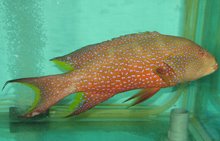
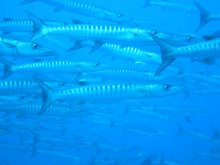

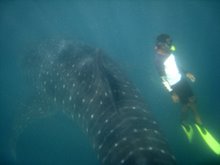
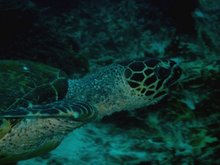
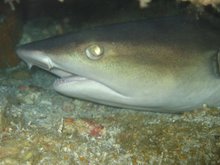
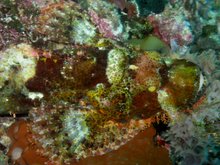

No comments:
Post a Comment